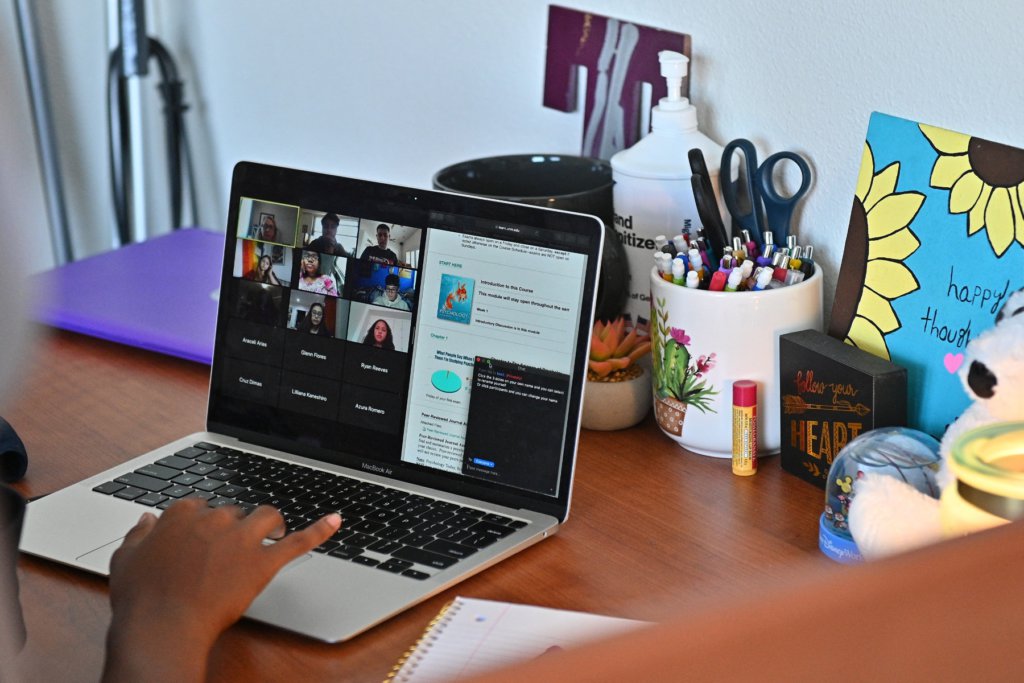
Does having 16-hour days with little to no breaks, skipping lunches, and dealing with a massive workload sound like something that only happens in the working world? Think again. For many in uni, student burnout is a real thing. It’s not just for those in “service” fields such as medicine, where burnout experiences persist.
Burnout — a state of emotional, mental, and physical exhaustion that is caused by excessive and prolonged stress — occurs when you feel like you cannot meet constant demands. Student burnout happens when they deal with those 16-hour days consistently for long periods of time with no way of escaping.
Letting the stress take over will make you lose interest or motivation in your studies. This is nothing but bad news for high-achievers who aim to do their best in school. Though the symptoms may differ on a case-by-case basis, student burnout usually appears in the form of exhaustion, depression, negative feelings, and the inability to attend to necessary tasks. Productivity levels decrease and you feel bored and unappreciated, according to Florida National University.
Is there a way to beat student burnout? The good news is you can. Here are some ways you can deal with this phenomenon.

You are not alone. Unis have counsellors to tackle issues like student burnout. Source: Spencer Platt/Getty Images North America/Getty Images via AFP
Preventing student burnout
Should you find yourself feeling any of the above symptoms, it’s important to address them before they worsen. By acknowledging that you have burnout, you will be more open to seeking help — the most important aspect of dealing with student burnout. Reaching out to your loved ones is natural, but professional help works best when you’re at the end of your tether.
If you feel your student burnout is still manageable, you can try these methods first before going to a counsellor:
1. Brush up on your time management skills: Get organised! It’s been proven that student burnout is less likely to occur when everything is in order. Prepare in advance for any assignment deadlines, exam dates, and stay ahead of your tasks. Time to open Google Calendars and keep track of all your responsibilities.
2. Set achievable goals: Don’t be unrealistic about your goals or too vague —start breaking down long-term goals or big projects into smaller chunks. This way, you feel fulfilled whenever you reach a small milestone or a benchmark, which motivates you to accomplish even more.
3. Take regular breaks: Professor Craig Jackson, an occupational health psychologist at Birmingham City University, shared that the 20-20-20 technique was the best solution for days when he had to stare at the computer for hours on end. What does he do? Look at something else other than his computer screen for 20 seconds every 20 minutes. Hint: The object must be at least 20 metres away. This prevents eye strain and keeps headaches at bay.

Students tend to look at their laptop screens all day thanks to online lectures and classes, so it’s best to do away with electronic devices when it’s time to wind down. Source: Sam Wasson/Getty Images North America/Getty Images via AFP
- Respect your body and your needs — Face it, without a healthy mind and body, it’s hard for you to achieve anything. This may sound like an overused piece of advice, but it still rings true. Eating healthy, getting exercise, and having enough sleep are imperative to staying on a healthy course and not letting a bit of stress lead to student burnout. Check out these immunity-boosting recipes from none other than Asian mums too — who better to give us some tender loving care?
- Say goodbye to social media — Social media is great, but distracting. The fact that it’s always there and readily available can overstimulate our senses to the point that it can be overwhelming. Scrolling is a mindless activity that feels so easy to do that resisting the urge not to scroll sounds crazy. While social media can be good for you, taking a break and disconnecting from it is highly recommended. Fun fact: the blue light from every device you own and love actually interferes with your circadian rhythm, meaning it can mess up your sleep schedule. You can’t defeat student burnout if you don’t get enough sleep!
- Learn how to say no — We get it, you need that extra credit or you simply want to show your teachers that you can go above and beyond when it comes to your studies. However, if it comes at the expense of your mental and physical health, it might be a good idea to start saying no instead. You may fall into the trap of accepting every invitation and tasks offered to you just to prove your worth. Saying “yes” all the time might lead to too much workload, which you might find yourself failing to complete in time. In your quest to impress your teachers, you might end up disappointing them instead.










